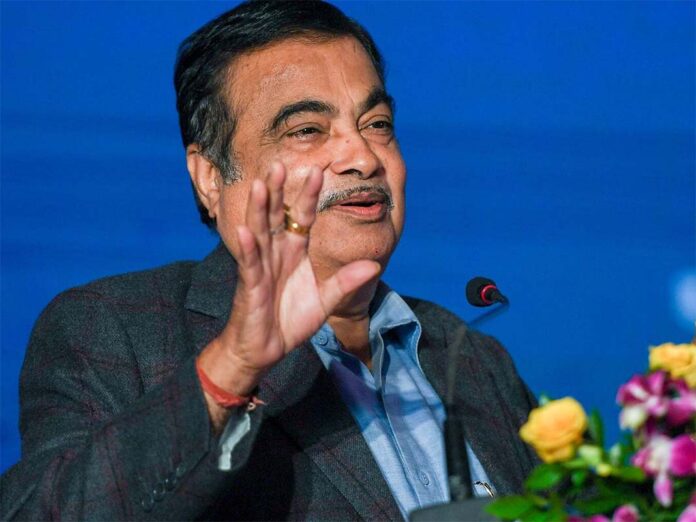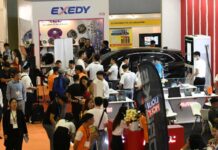
Union Minister Nintin Gadkari said that the upcoming Bharat NCAP safety norms can play a big role in increasing India’s export potential. He asked the automobile manufacturers to shift from being cost- centric to quality-centric. “Bharat NCAP will be a big tool to increase the vehicle export potential . We need your cooperation for that. As far as safety, quality and international standards are concerned, we need to develop quality acceptable to the world,” the Minister said while speaking at the 62nd annual session of the Society of Indian Automobile Manufacturers (SIAM). Stressing the use of alternative fuels and moving to electric mobility, the Union Minister asked the automobile industry to discourage the use of petrol and diesel vehicles and rather work on alternative fuels, innovations and technology. The import of petroleum products has gone up to INR 16 lakh crore, and needs to be brought down.
Gadkari further said that India must focus on technologies such as ropeway, cable car, and hyperloop. Talking about the vehicle scrappage policy, Gadkari said transport and steel ministries will urge the finance ministry again to consider reduction in Goods and Services Tax (GST). “Yesterday, I had a meeting with Steel Minister Jyotiraditya Scindia. Again both of us are going to meet the finance minister and request her to give GST concession for the purchase of new vehicles against scrapping of the old ones,” he said.
To encourage the scrapping of old ones, auto manufacturers can offer some discounts to people for new purchases of vehicles- the discounts can be more for trucks and buses and less for small vehicles, he said. “As per our records, we can certify 1.02 crore vehicles are ready for scrapping. We have a potential to start at least three scrapping centres in each district,” he said. The vehicle scrappage policy came into effect from April 1, 2022. Gadkari added that his ‘favourite topic of ethanol’ is important for the auto industry because the country produces sugar in excess which can be used for ethanol production. Industry should use the flex engine technology where 100% ethanol can be used, which would further help the environment as well as farmers, he said.







